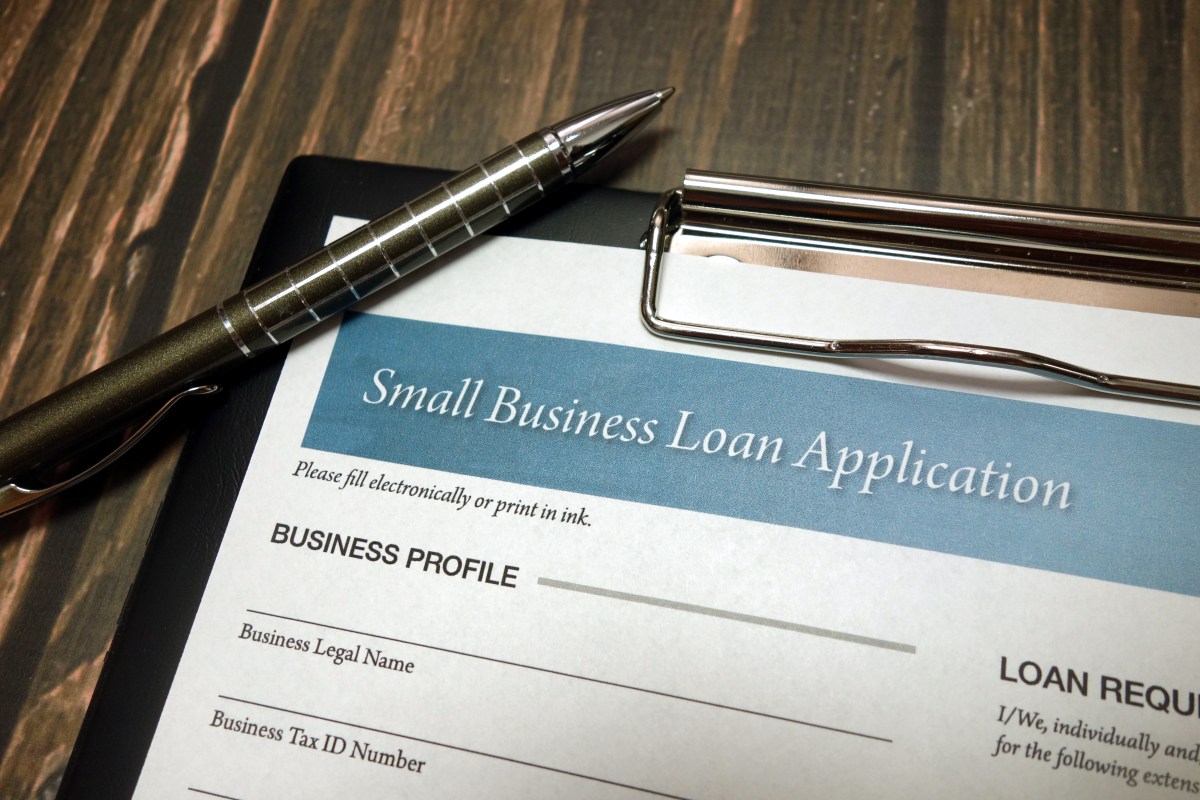BY JEFF YAPALATER
The Queens Chamber of Commerce held its second webinar for small business relief with the Queens Congressional delegation to discuss support for small businesses through the Payroll Protection Program (PPP) loan program on Tuesday, April 21.
Representatives Gregory Meeks, Tom Suozzi and Carolyn Maloney spoke about the need to direct funds from larger small business to local small businesses through the various financial assistance programs available through the federal government.
Suozzi said that the bulk the PPP, from the initial $350 billion federal relief program went to the larger small businesses, with lending institutions seemingly favoring the companies that needed in excess of $1 million.
Maloney said that the many small businesses needing between $25,000 and $100,000 found their applications not processed, leaving the very small family businesses out in the cold. As of publication, that initial funding has been depleted. Congress is working on another infusion at the moment.
“Not one Queens business received a loan from the initial dollars allocated for PPP,” said Thomas Grech, president of the Queens Chamber of Commerce. However, one business called in and reported success in notice of bank approval. This is the one documented case so far in Queens, but still left the need for very small businesses to work with a bank for a loan they all said.
However, that was good news according to the participants since there is now another window of opportunity for more to come with the anticipated additional funding.
As of April 21, there appears to be a deal that could be passed by Congress and signed by the president as early as Friday, April 24, to add another $310 billion to help small businesses.
Meeks said that $30 billion of that will specifically go to the community banks, Community Development Financial Institutions (CDFI’s) and credit unions to help the small businesses. This type of earmarking of funds is to bring relief to small businesses which failed to get funding from the first $350 billion, which do not have an existing banking relationship but need immediate relief to keep employees and keep their business afloat.
To impress the importance of these funding, Meeks, Suozzi and Maloney urged everyone interested to get their paperwork in order and be prepared to apply as soon as the bill is announced. They foresee an outpouring of interest and quick depletion of the funds.
Another relief program called the EIDL, Economic Injury Disaster Loan Emergency Advance offers loans of $10,000 to businesses suffering from the COVID-19 crisis. The payments on existing disaster loans will be suspended until January of 2021 to help mitigate financial strain on suffering companies.
Each participant urged business owners to contact them when having problems reaching the right people or assistance in the application process.
The moderators emphasized that it was necessary to provide all the information required on all applications. Said Suozzi, make it “tight, right and accurate” to insure proper review.





































